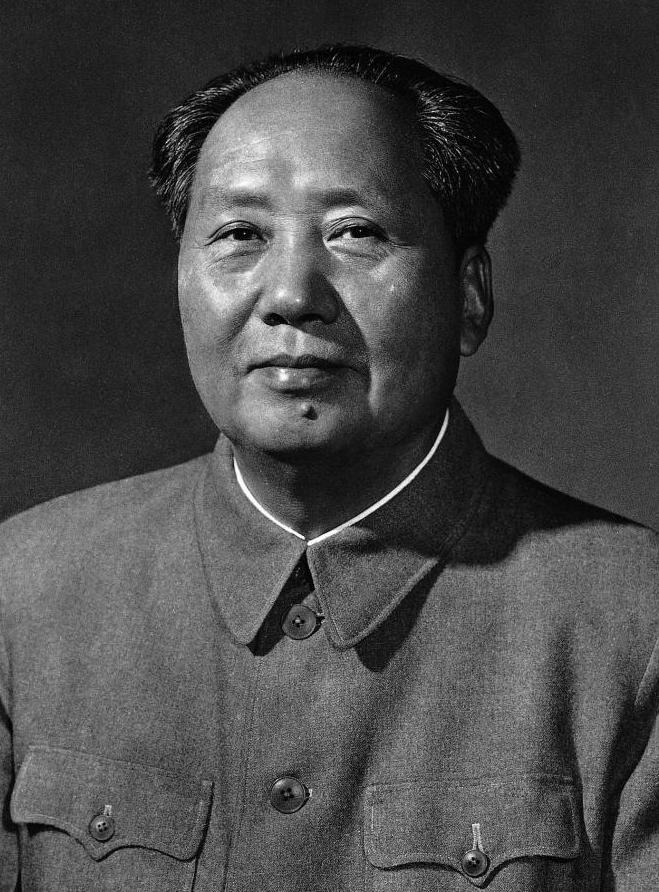Mao Zedong: China's Revolutionary Leader
Mao Zedong was a leader in China a long time ago. He was born in 1893 and became a very important person in Chinese history. Mao wanted to make China a better place for everyone. He led a group called the Communists, and they worked to make sure everyone in China had the same opportunities. Mao Zedong had some big ideas, and he wanted to change how things were done in China. He believed in equality, which means treating everyone the same, no matter where they come from. Mao led a famous event called the Long March, where he and his followers traveled a very long distance to find a safe place. In 1949, Mao and the Communists won a big war, and China became a country where the Communists were in charge. Mao became the leader, and he wanted to make China strong and powerful. However, some of his ideas caused challenges and difficult times for the people of China. Mao Zedong is remembered in history, but people have different opinions about him. Some think he did good things for China, while others believe his ideas caused problems. No matter what, he was an important figure in Chinese history.

Fun Facts
Early Days: Mao was born in 1893 in a small village in China. He loved reading and was curious about the world from a young age.
Young Rebel: Mao became a rebel in his youth, standing up against unfair rulers. He once said, "A journey of a thousand miles begins with a single step," encouraging people to start small but dream big.
Great Leader: Mao led the Chinese Communist Party and played a crucial role in the Chinese Revolution. He believed in equality for everyone.
The Long March: During a challenging time, Mao and his followers embarked on a long journey, known as the Long March. It showed their determination and bravery.
Cultural Revolution: Mao wanted to create a society where everyone was equal. Unfortunately, this led to some difficult times during the Cultural Revolution.
Timeline
1893 Mao Zedong is born.
1921 The Communist Party of China is formed, and Mao becomes a member.
1949 Mao's Communists defeat the Nationalists, establishing the People's Republic of China.
1958-1961 The Great Leap Forward, an economic and social campaign, is launched.
1966-1976 The Cultural Revolution takes place, impacting Chinese society.
1976 Mao Zedong passes away.
Reference Books for Elementary Students
"Who Was Mao Zedong?" by Kirsten Anderson - This book, part of the "Who Was?" series, is tailored for young readers, providing an engaging introduction to Mao's life.
"Mao Zedong: The Rebel Who Led a Revolution" by Michael Burgan - A well-illustrated book that simplifies Mao's complex life for elementary readers.
"You Wouldn't Want to Be a Worker on the Great Wall!" by Jacqueline Morley - Although not solely about Mao, this book provides context on ancient and modern China, helping kids understand the country's rich history.
"Mao Zedong: China's Revolutionary Leader" by Sean Stewart Price - This book breaks down Mao's life and impact on China in an accessible manner for young readers.
These books balance simplicity with interesting narratives, making them suitable for elementary students curious about Mao Zedong and Chinese history.